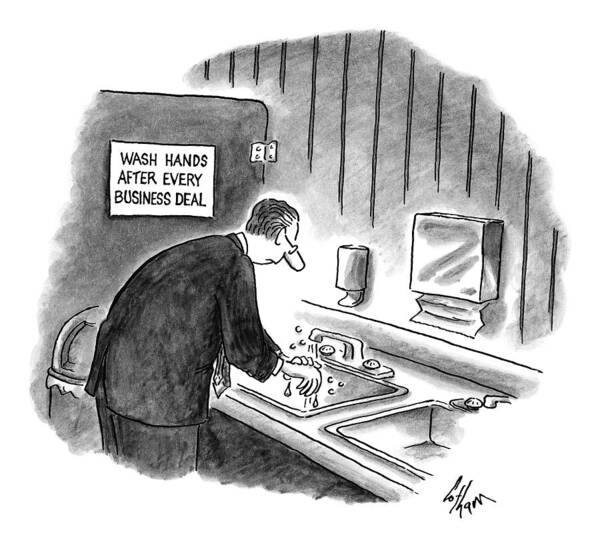“The priests of this system have two basic jobs. The first is to keep throwing virgins into the volcano. The second is to keep up an unrelenting stream of criticism of the Christians, heaping scorn upon how we treat our virgins.”
Virgins and Volcanoes, p. 29





